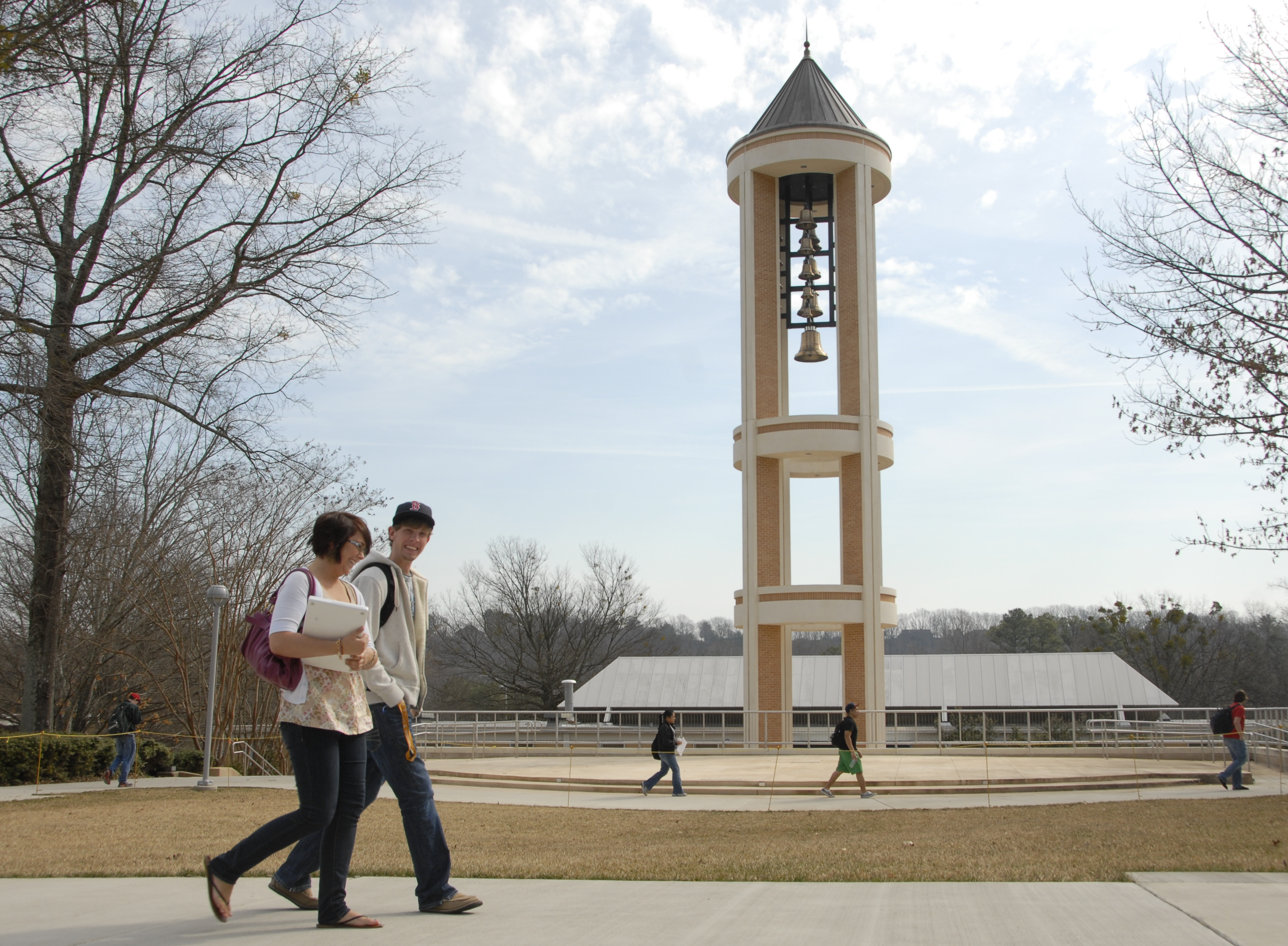BY THE NUMBERS• Since 2003, federal financial aid application filings have increased 645 percent, from 31,726 to 236,531.• College applications through GAcollege411 online have risen 508 percent, to 778,035.• In five years, public higher education enrollment has increased 25 percent in the University System of Georgia, to 318,027, and 28 percent at the Technical College System of Georgia, 195,366.FAST FACTEighty-one percent of Georgia's jobs require some kind of training or education after high school, yet only 36 percent of Georgia's adults hold a two- or four-year degree.Source: University System of Georgia
Avi Giron will be the first in her family to go to college, and she attributes that in great part to a Dalton State College program for high school students.
"I feel that if I had not taken this class, I would probably not be attending college because I had no one to show me how to get there," she wrote in a reflection letter at the end of the semester.
Giron was among 19 students from Whitfield County high schools who participated in the Near Peer program funded by the College Access Challenge grant of the U.S. Department of Education.
The College Access Challenge program aims to help students who might not otherwise have a chance at higher education. In the University System of Georgia program, those students may include first-time freshmen, transfer students, adults entering college and the military.
"Our goal is to help students prepare for going to college and being successful and to help students value higher education as a means of improving the quality of their life," said Angela Harris, assistant vice president for enrollment services at Dalton State. The college got a $29,095 grant for the pilot program last year and is waiting to hear about second-year funding. The maximum amount is $30,000.
Many students in the participating Whitfield schools -- Northwest Georgia Career Academy, Southeast High School and Northwest High School -- come from low-income families.
how it works
From Mondays through Thursdays during the school year, students worked on reading, writing and math at the Dalton State East campus from 12:30 to 3 p.m. while earning high school credit. They even got to participate in mock lectures taught by college professors.
On Fridays, students from Dalton State visited the high-schoolers and talked about applying to college, financial aid, scholarships and other topics.
"The program helped them feel they are part of the campus," said Wendy Hanson, counselor at the Northwest Georgia College and Career Academy. "They now feel [college] is something they can do."
About 40 percent of the school's students go on to some type of postsecondary education, Hanson said. That's up from 25 percent three years ago but needs to be higher, she said. About 10 students already have signed up for the coming year.
The results are impressive, according to school officials.
The students took the COMPASS college placement test, at the beginning and end of the course.
Their scores showed gains of 33 percent in algebra, 23 percent in writing and 12 percent in reading, according to Sarah McCown, who coordinates the program for Dalton State.
The need for remedial college classes fell by 43 percent among those completing the program.
"One student went from needing three learning support classes to needing zero," McCown said.
That's especially important because, starting next semester, students who need three remedial classes won't be eligible to enroll in a bachelor's or associate's program.
Of all Georgia state colleges and universities, Dalton State has the highest number of entering students who need remedial support -- 58 percent in 2008, according to the schools grant application.
All 19 Near Peer students applied to college, 17 of them to Dalton State, even though it wasn't a requirement, McCown said.

